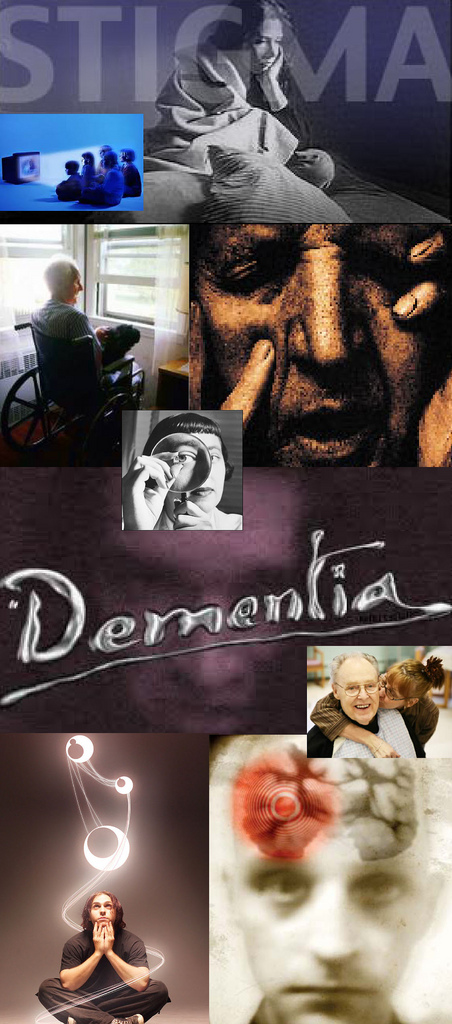cognitive
Dementia Hall of Fame
What is Dementia?
Dementia is the progressive decline in cognitive function due to damage or disease in the body beyond what might be expected from normal aging.
Although dementia is far more common in the geriatric population, it may occur in any stage of adulthood. This age cutoff is defining, as similar sets of symptoms due . . . Read More »
Down Syndrome Hall of Fame
What is a Down Syndrome?
Down syndrome is a genetic disorder that results in varying degrees of physical and intellectual disabilities.
The condition varies in severity, causing developmental problems that range from mild to severe. The disorder occurs as a result of extra genetic material.
In most people, the genes are contained on 23 pairs of chromosomes, for . . . Read More »
Dyslexia Hall of Fame
What is a Dyslexia?
As with other learning disabilities, dyslexia is a lifelong challenge that people are born with. This language processing disorder can hinder reading, writing, spelling and sometimes even speaking.
Dyslexia is not a sign of poor intelligence or laziness.
It is also not the result of impaired vision. Children and adults with dyslexia simply . . . Read More »
Epilepsy Hall of Fame
What is a Epilepsy?
Epilepsy is a chronic disorder, the hallmark of which is recurrent, unprovoked seizures. Many people with epilepsy have more than one type of seizure and may have other symptoms of neurological problems as well.
Sometimes EEG testing, clinical history, family history and outlook are similar among a group of people with epilepsy. In . . . Read More »
MS Hall of Fame
What is Multiple Sclerosis?
Multiple sclerosis (MS) is an unpredictable disorder that can cause a variety of symptoms, which for many, can flare-up and then subside over the course of days, months, or even years. While MS is not contagious, its causes are not yet fully understood and researchers continue to search for answers.
MS . . . Read More »
Parkinson’s Hall of Fame
What is Parkinson’s Disease?
Parkinson’s disease (PD) is a chronic and progressive movement disorder, meaning that symptoms continue and worsen over time.
Nearly one million people in the US are living with Parkinson’s disease. The cause is unknown, and although there is presently no cure, there are treatment options such as medication and surgery to manage its . . . Read More »







